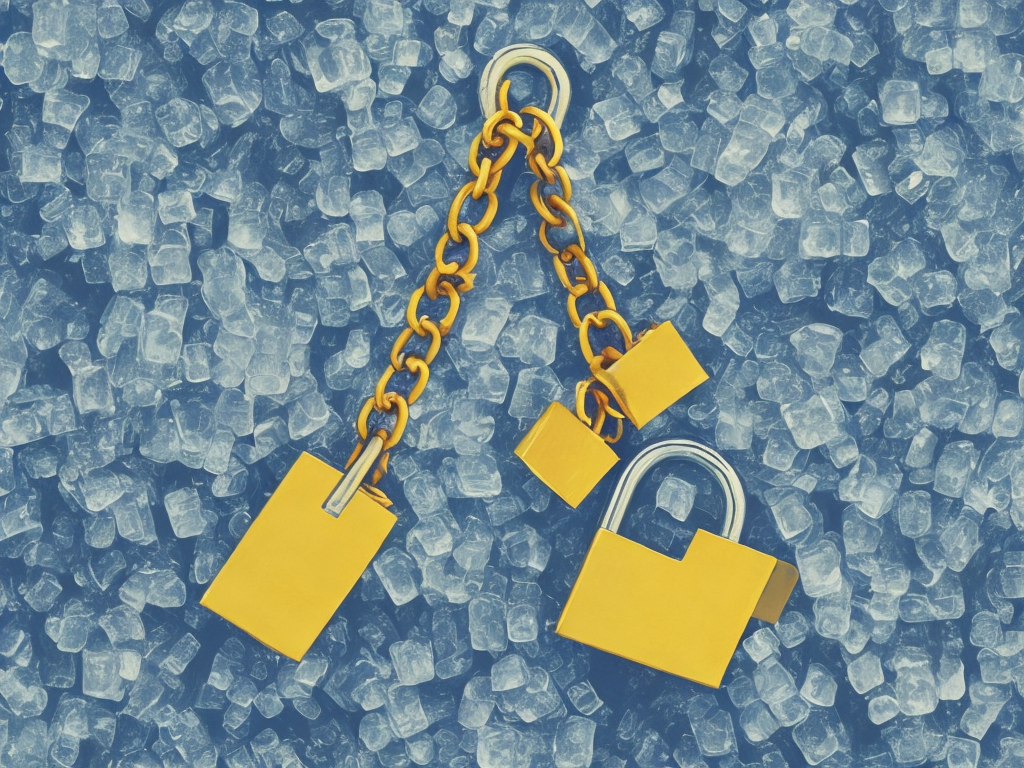
In the age of data breaches and identity theft, freezing your credit is a smart move when it comes to protecting your financial information. Freezing your credit means that no one can access your credit report without your permission, including credit bureaus, lenders, and potential employers. This step can help prevent unauthorized access to your personal information and stop identity thieves in their tracks. Here's how to freeze your credit:
1. Contact the credit bureaus.
First, you'll need to contact each of the three credit bureaus: Equifax, Experian, and TransUnion. You can do this online or by phone.
To do it online, visit each credit bureau's website and look for a link to "freeze your credit." Follow the instructions to provide your personal information and submit your request. Make sure you have your Social Security number and other personal information handy.
To do it by phone, call each credit bureau and ask for a credit freeze. You'll need to provide your personal information, including your Social Security number, and answer some security questions to verify your identity.
2. Pay any fees.
Depending on the state you live in, you may need to pay a fee to freeze your credit. The fees can range from $0 to $10. Some states also allow for fees to be waived for victims of identity theft. Check with each credit bureau to see what the fee is in your state.
If you need to pay a fee, you can usually do it online or by phone. You'll need a credit or debit card to make the payment.
3. Receive your PINs.
After you've requested a credit freeze, each credit bureau will send you a unique personal identification number (PIN) that you'll need to use if you ever want to unfreeze your credit. Make sure you keep these PINs in a safe place. You'll need them if you want to apply for credit or loans in the future.
4. Monitor your credit reports.
Once you've frozen your credit, you'll want to keep an eye on your credit reports to make sure everything looks accurate. You can do this for free once a year by requesting a copy of your credit report from each bureau at annualcreditreport.com.
You can also sign up for credit monitoring services that will notify you of any changes to your credit report. Many credit monitoring services are available for free, but some charge a monthly fee.
5. Unfreeze your credit when necessary.
If you want to apply for credit or loans in the future, or if you're applying for a job that requires a credit check, you'll need to unfreeze your credit. To do this, you'll need to contact each credit bureau and provide your PIN. You can do this online or by phone.
Keep in mind that unfreezing your credit can take time, so plan ahead if you know you'll need to apply for credit soon. Depending on the bureau, it can take anywhere from a few minutes to a few days to unfreeze your credit.
In conclusion, freezing your credit is a simple and effective way to protect your personal and financial information from identity thieves. By taking this step, you can rest assured that no one can access your credit report without your permission. Just make sure you keep your PINs in a safe place and monitor your credit reports regularly to ensure accuracy.
 Self-Instruct
Self-Instruct